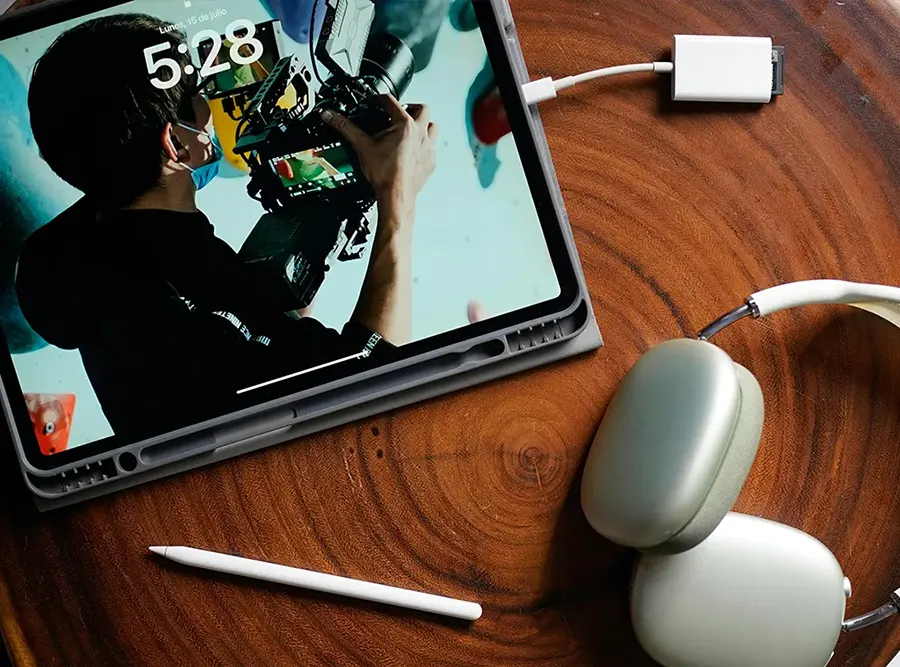
Lily is a 27 year old graphic designer who has always loved digital art. But managing bipolar disorder presented a unique set of challenges. In manic phases she would get a surge of creativity and produce amazing and imaginative work. But depressive episodes would follow and it would be hard to keep the momentum going. The extreme highs and lows made it hard for Lily to find balance and she would feel frustrated and defeated—not to mention the impact it had on her work.
When Lily found Goal Coach’s Support Coordination she turned her life around. She was matched with Kara, a knowledgeable support coordinator who took the time to really get to know Lily’s situation. Kara’s support went beyond just practical help, she gave Lily emotional support that made all the difference.
Kara helped Lily create and implement a personalised plan that included regular therapy services, and lifestyle changes such as routine and structure to promote stability. With Kara’s guidance Lily learned how to manage her workload and keep her creative flow going even in low phases. This meant breaking her projects into smaller tasks and setting realistic goals that considered her fluctuating energy levels.
Kara also helped Lily access NDIS services, including finding a therapist who specialises in bipolar disorder and connecting her with a community support group. One of the biggest changes was when Kara helped Lily get access to stable housing. This gave Lily the security she so desperately needed and allowed her to focus more on her art without the constant stress of unstable living arrangements.
Lily’s career also started to take off. Kara introduced her to a vocational support service that matched her with freelance work that suited her energy levels. This flexibility allowed Lily to continue working as a graphic designer without the pressure of a traditional 9-to-5 job. Kara also taught her practical strategies to manage her workload during both manic and depressive phases so she could keep a steady income and pursue her passion.
Beyond practical support Kara provided emotional support. She was always there to listen, encourage and remind Lily of her progress. This helped Lily build confidence and resilience so she could fully express herself creatively. Today Lily creates amazing digital art pieces, using her experiences with bipolar disorder as inspiration. Her journey has allowed her to thrive professionally and express herself and her emotions through her art.
Lily’s story shows what a difference dedicated support coordination can make. For her it’s not just about experiencing bipolar disorder, it’s about living life.